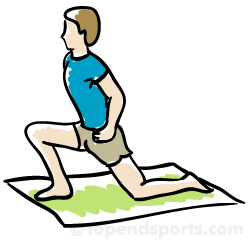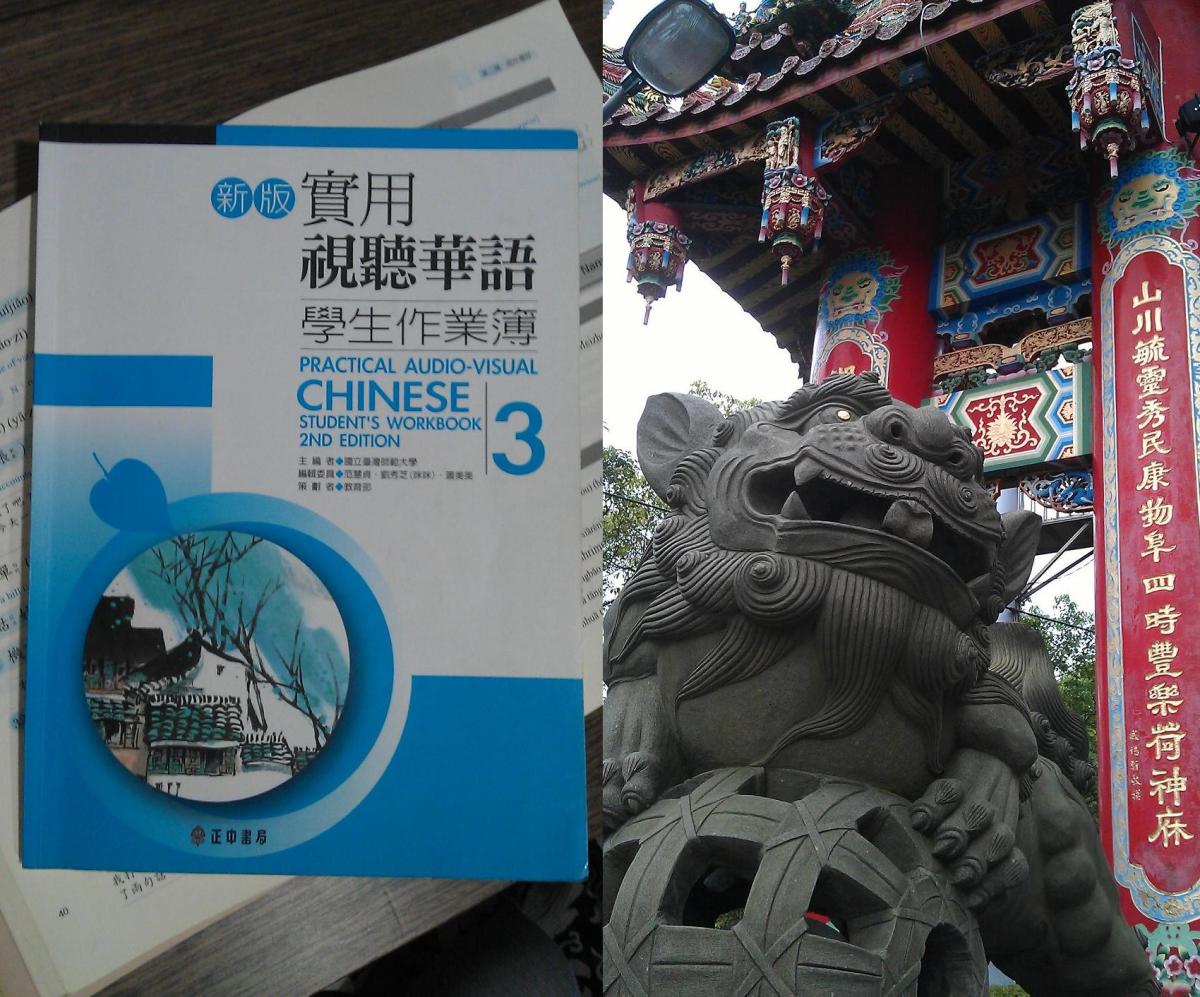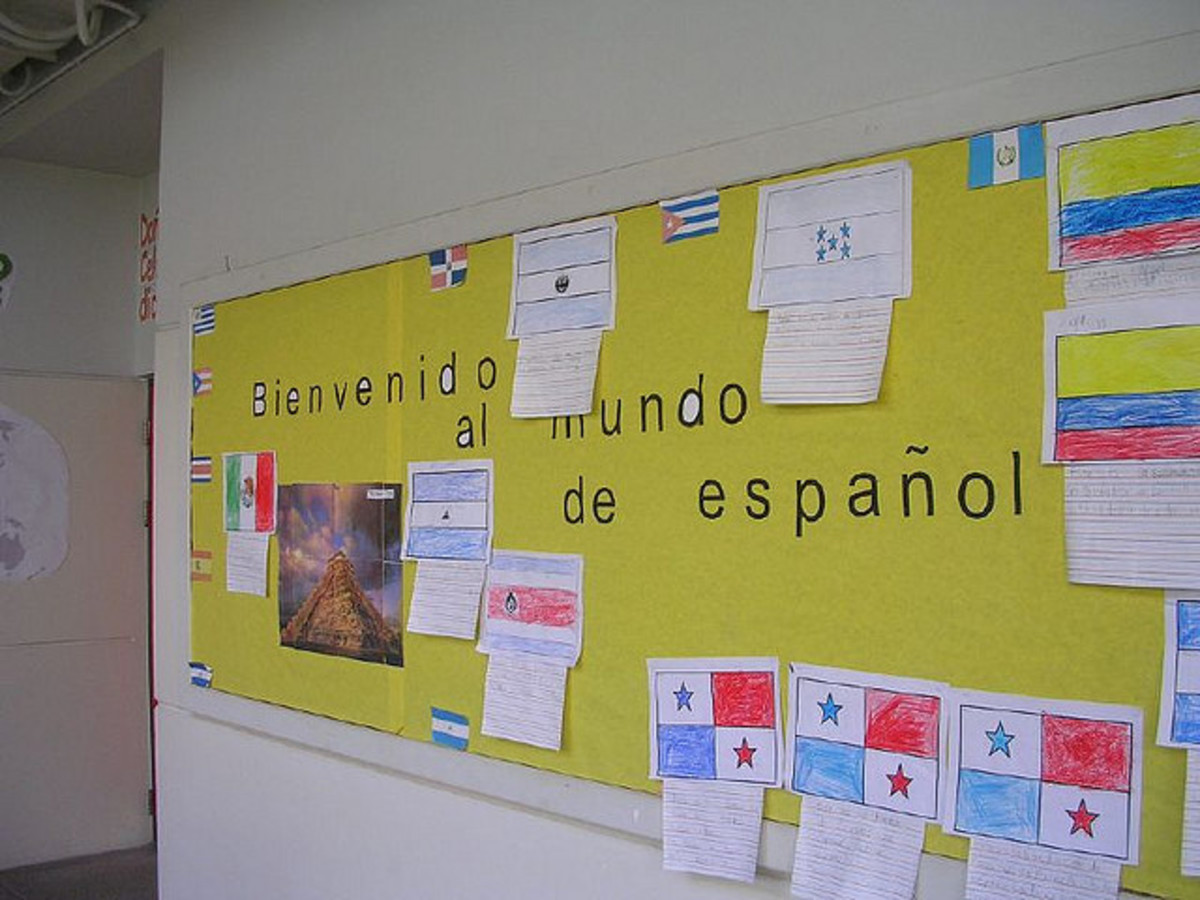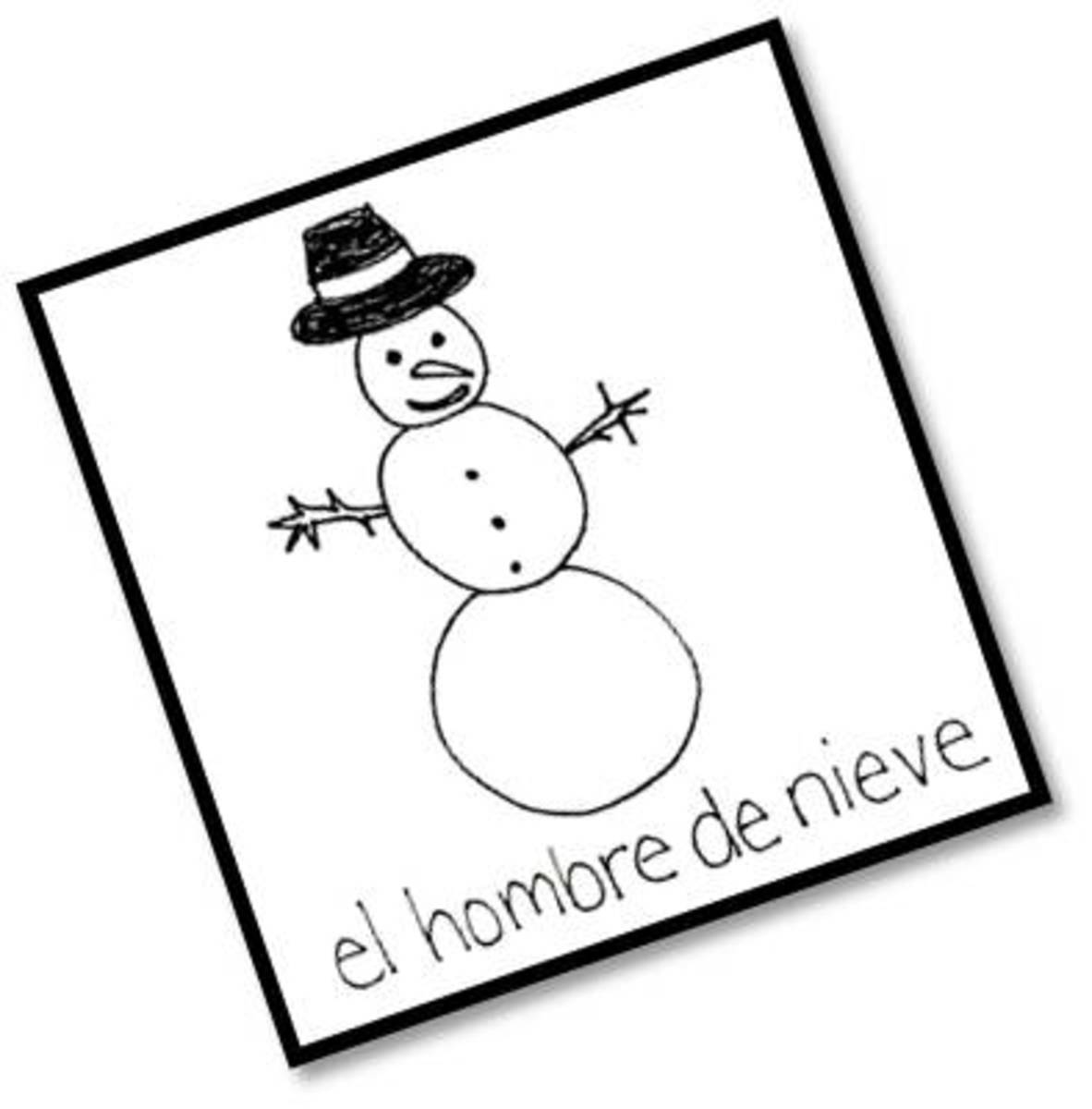Spanish Lesson Seventeen: The Present Progressive

It's Sunday again!! I hope you're excited for this week's lesson. :). I hope everyone has enjoyed their week. This week we're on Lesson Seventeen. Remember, these lessons are designed for you to be able to go at your own pace and learn Spanish "A Little At A Time". You can learn as fast or slow as you'd like without feeling dumb or pressured to show off. For those of you stumbling upon this for the first time, welcome. For those of you returning, Welcome back. I recommend that everyone go back to previous lessons and review them occasionally to help the information penetrate successfully. The link to those lessons is provided below, after the explanation of this week's lesson
Last week we discussed Showing Possessions. If you'd like to review that lesson before going on click--->here. In today's lesson we will be discussing What You Are Doing. You'll be able to say what's mine, his, hers, ours, theirs... that's useful right?

Today's Vocabulary
Today's vocabulary will consist of a hodgepodge of words that may or not be useful to you in this lesson. Today's lesson will focus on Saying What You Are Doing otherwise known as the Present Progressive. The tense will be discussed in today's lesson so pay close attention, you will have to conjugate verbs in this case. Don't worry, it's easy. Take a look at some of the nouns, verbs, and adjectives below. They may come to some use to you.
Verbs
To Knock Down/To Throw Down/To Overthrow: Abatir
To Burn/To Set On Fire: Abrasar
To Embrace/To Hug/To Clamp: Abrazar
To Open: Abrir
To Absolve: Absolver
To Annoy/To Vex/To Bore: Aburrir
To Finish/To End/ To Complete: Acabar
To Accelerate: Acelerar
To Accept: Aceptar
To Bring Near/To Place Near: Acercar
To Clarify: Aclarar
To Accompany/To Escort: Acompañar
To Counsel/To Advise: Aconsejar
Nouns
Job: El Trabajo
Car: La Coche/ El Auto
Street: La Calle
Corner: La Esquina
To The Right: A La Izquierda
To The Left: A La Derecha
Beach: La Playa
Adjectives
Depressed: Deprimido(a)
Angry: Enojado(a)
Lazy: Perezoso(a)
Sick: Enfermo(a)
Sluggish: Aletargado(a)

Warm-Up
Today's Warm-Up is important. Take a look at Lesson Eight and read up on the conjugation of Estar. It is essential to speaking in the Present Progressive. Take a look at that the chart below and then the lesson thereafter. Trust me, it's easy. :)
Also consider other ways to incorporate Spanish into your daily lives. Take a moment to review some previous lessons or read up on some articles. The Spanish language is a living language, so it's not going anywhere anytime soon. If you need any help, shoot me an email. I'll be happy to help you.
Verb
| New Ending*
| Final Conjugation
|
|---|---|---|
Comer
| -Iendo
| Comiendo
|
Hablar
| -Ando
| Hablando
|
Escribir
| -Iendo
| Escribiendo
|
Saying What You're Doing
Okay, so the Present Progressive can be used by following this formula:
Estar + Verb (minus ending) + -Iendo or -Ando
Okay. There isn't a real formula for the present progressive, but let me explain. Estar (conjugated to reflect subject) + Verb (subject the infinitive ending) + -Iendo (for -IR/-ER verbs) or -Ando (for -AR verbs).
If you take a glance at the chart again, you'll notice that a new ending exists for these verbs when discussing the Present Progressive or things that you are doing right now. I am eating, I am cooking, He is watching.... get it?
Each infinitive verb has an ending (-ER/IR/AR). In order to add -Ing to these words, you'll have to drop those two letter endings from that verb and add on -Iendo (For -ER/-IR verbs) or -Ando (For -AR verbs). Use Estar in the conjugated form to reflect the subject. This is the only case that two verbs that are altered can stand side by side. Look at these examples:
Estoy hablando. I am talking. I conjugated estar, I added hablando by taking off the -AR ending and adding -Ando. Get it?
Están escribiendo. They are writing. I conjugated estar again, added escribiendo by taking off the -IR ending and adding -Iendo.
Exceptions
There are several verbs that exist that change their spelling in the stem. Remember stem-changing verbs? Well some of those change just as they do when conjugating in the present tense. Check out some of these:
Morir: To Die (o->u)
Leer: To Read (iendo->yendo)
Oír: To Hear (iendo-yendo)
Decir: To Say/Speak (e->i)
Pedir: To Ask For (e->)
Creer: To Believe (iendo-.yendo)
Dormir: To Sleep (o->u)
Note: There are quite a few verbs that change, so make sure if the word sounds a little weird, look it up. It might be spelled wrong. You can always look online further for a complete list of words whose spelling change in the Present Progressive. Also understand that the present progressive, when asking a question, has a greater sense of urgency than other tenses. Keep that in mind.

Homework
Your homework for today is to view a video based off of Lesson Fourteen. This video will help you learn some simple vocabulary for when ordering food. Senorbelles is my favorite Spanish teacher online and he has a great deal of clarity when discussing a certain topic. Listen closely to his tips.
Also in the coming lessons we'll be discussing a great deal more about grammar and visiting other themed topics in Spanish. Stick around for that. :) Here are some lessons that will be coming soon:
- What Should You Do?
- What Do You Want To Be When You Grow Up?
- What Do You Like And Dislike?
- What Kind of Person Are You?
Next week we will be discussing Direct Object Pronouns in Spanish. This one will be a little hard, keep that in mind.
Additional Note: In Lesson Twenty, we will begin learning about speaking in the past. Yes it took twenty lessons to get here, but it was well worth the wait. Come out for that. Also your second quiz will be posted simultaneously, so come and refresh yourself with it. It's open note. :)
Links Used As References
- The Present Progressive in Spanish
- Simple Present vs. Present Progressive
Simple Present - Present Progressive - Present Progressive, Present Continuous - English Grammar
Present Progressive, Present Continuous - Materials for Teaching and Learning English








